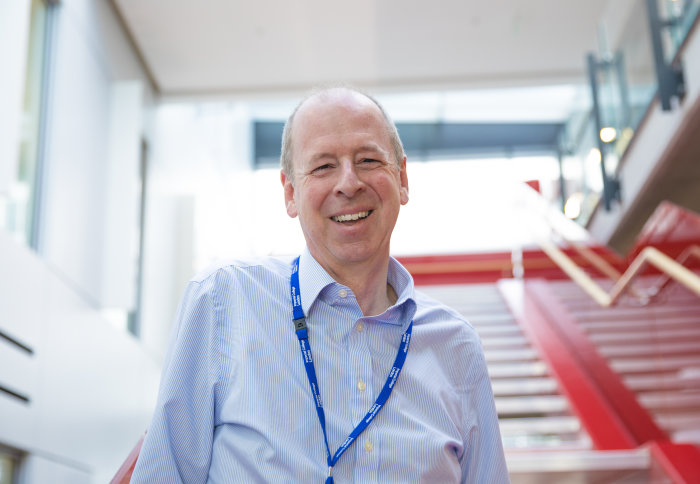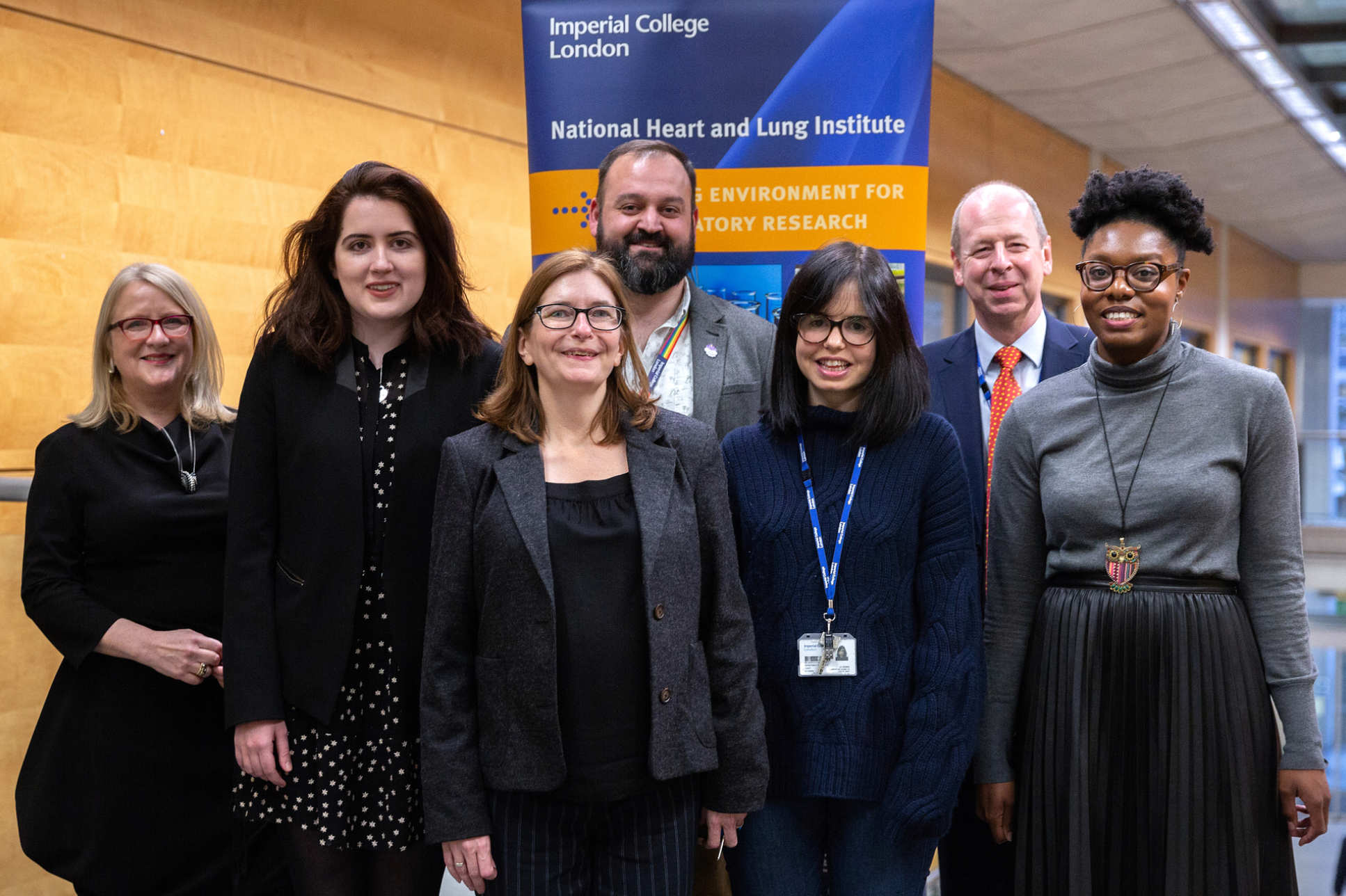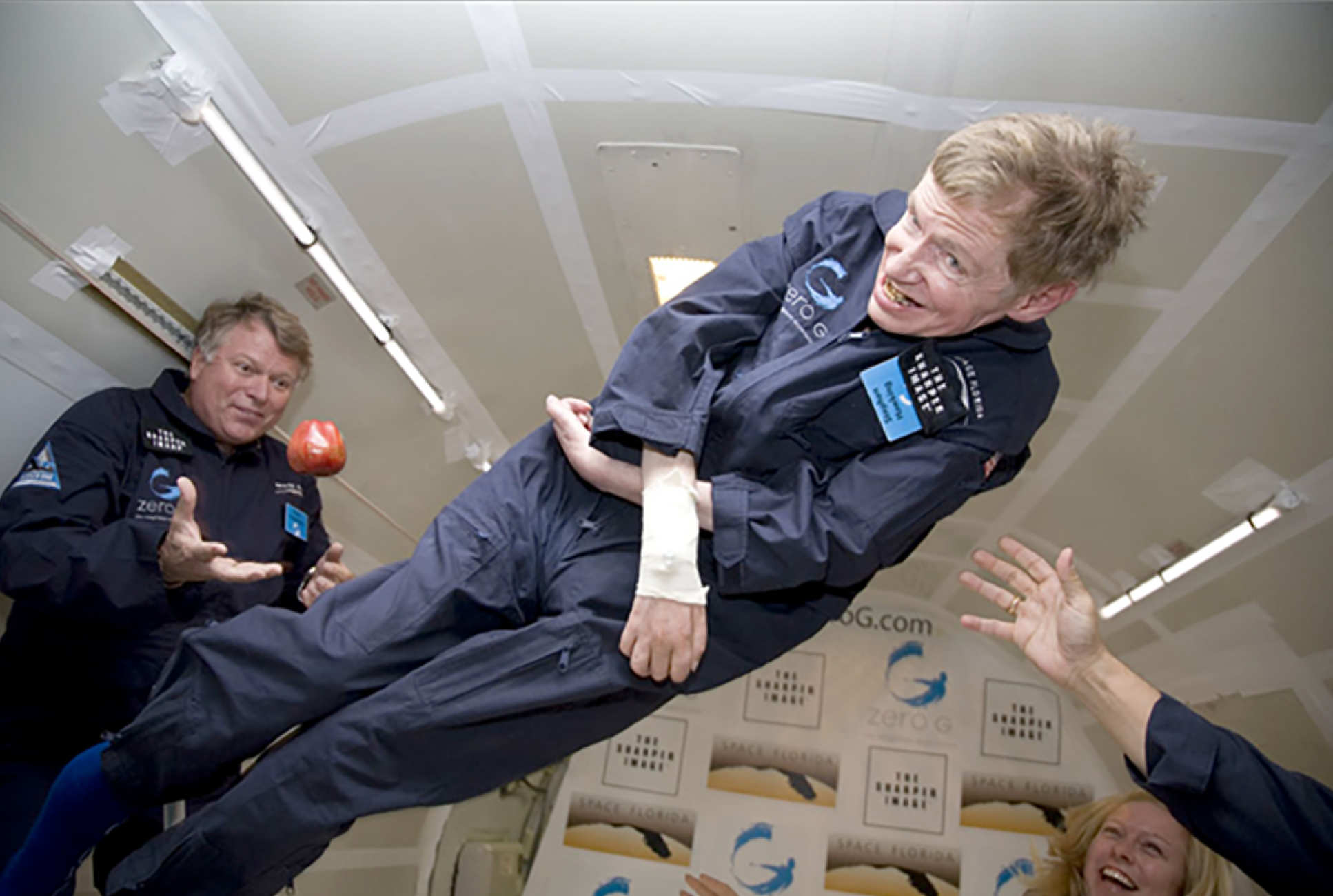Getting to know Professor Edwin Chilvers, Head of the NHLI

We spoke to Professor Edwin Chilvers to find out about his plans for ‘Team NHLI’, the huge potential of neutrophils, and beekeeping.
Professor Edwin Chilvers took up the position of Head of the National Heart and Lung Institute (NHLI) in October 2018. He joined Imperial from the University of Cambridge, where he was Professor of Respiratory Medicine and Director of Graduate Education at its School of Clinical Medicine.
Professor Chilvers has a distinguished career in respiratory research. His main research interests are in inflammatory cell biology and the intracellular signals that regulate the activation and survival of white blood cells. This research has translational relevance to a range of inflammatory lung diseases including chronic obstructive pulmonary disease (COPD), asthma and acute lung injury.
What are your impressions of the NHLI so far and what are your plans for the Institute?
I inherited an excellent new internal structure thanks to the work of the Interim Head, Professor Sian Harding, to whom I am extremely thankful. This will help the 450 or so members of NHLI, and me, make the most of what truly is the National Heart and Lung institute.
We have an excellent, broad research portfolio and I want us to continue as a world-leader in heart, lung and vascular research. I want to get the maximum benefit of a diverse, technology and data-driven university and am most excited about growing and developing NHLI and supporting the rising stars within the Institute. There’s a lot of talent in this place and we want to help everyone get to the next level.
I also think it’s essential to pair that high quality work with a great positive attitude and culture. I want everyone to really feel part of what I want to call ‘Team NHLI’ – to know who to go to for help; to be able to access everything from scientific advice through to mental health first aid to childcare support and flexible working.
To have an Athena SWAN silver award and have had successive applications led by people of the calibre of Professor Clare Lloyd, Professor Sian Harding and Professor Sara Rankin puts us in a very strong position. Having gone through our recent reapplication in detail, I don’t get any sense that people are happy to tread-water. There are tonnes of new ideas and ambition and Athena seems far more embedded and natural here than in many other institutions.

How did you end up a respiratory researcher and physician?
I don’t come from a medical or scientific family and felt very privileged to attend medical school at the University of Nottingham, which at the time was a brand-new programme. It was very primary-care-focused, practical and, unusually for the time, involved lots of patient exposure from day one.
One of the very first patients I saw, in my first week, was someone with lung fibrosis, I can still remember that encounter very clearly. This wasn’t unusual as lots of our patients were miners, with a horrendous burden of lung disease. I think I was set from that moment to have an interest in breathing, lungs and the diseases that affect them.
After completing my house jobs at Nottingham, I decided to move with my family to London, to pursue more specialist positions in perhaps more well-known respiratory hospitals. Having been recommended the Hammersmith, I stood in line for the lung job, but ended up in gastroenterology, joining the ranks of excellent junior doctors there.
I eventually succeeded in making it to the Brompton – my main motive for the London move – and started to focus on what I might do from a research viewpoint. It had always been important to me – at Nottingham everyone took a year out to do research, and I did mine in the Department of Anatomy. I loved that buzz of knowing the literature, being a micro-expert at something, and actual experimental work was great fun. So, I was always going to make research an important part of my life and I went on the hunt for a really good PhD to undertake alongside my clinical training.
Tell us about your research – what are neutrophils and why are they so special?

CC BY-SA 4.0 Blausen.com
I ended up becoming an immunologist and studying one of the most abundant circulating white blood cells, called neutrophils, which are typically known for their ability to seek out and deal with infections. They’re very good at recognising and engulfing bacteria and fungi and killing them. If you don’t have any neutrophils you’re hugely susceptible to infection.
But there’s a flip side to them, where all those mechanisms can also be turned against the body’s own cells. Whether you’re dealing with pneumonia, or influenza, tuberculosis or lung injury, it’s hard to find a lung condition where neutrophils don’t sit at the heart of the pathobiology.
The neutrophil has re-emerged as a hugely important player in immune-mediated tissue injury and we now recognise that it can be targeted safely, which is really very exciting. Patients are currently taking part in phase 2 trials and beyond, where drugs that are being inhaled and delivered systemically, that are showing great promise.
They are also thought to home in on tumours, where it’s believed they put a protective shield around the cancerous cells, blocking the tumour-killing capacity of T cells. There’s a clear correlation between the number of neutrophils and poorer outcomes.
20 years ago, we thought that all neutrophils were the same, but now we know there are all sorts of subtypes that relate to different conditions. I’m horribly biased, but they are such an interesting and important cell to work on!
Away from science and medicine, how do you like to spend your time?
I’m an amateur wine buff and I love to read – and I have a real love of where I grew up in Suffolk. We have a small flat on the east coast of the county, so if I get to spend a weekend there every month or two, I’m happy. I’m also quite the armchair sports fan, though I’m not enjoying my football team (Ipswich) being bottom of the Championship right now.
My other main interests are bees and bikes. Every summer a group of us go and do a notable ride in and around France. I’ve cycled London to Paris, the Loire etc, mostly with respiratory scientists and clinicians. It’s my wife who mainly keeps the bees but I lend a hand when I can. They’re a lot of work, but fascinating and vitally important creatures.
A perfect Saturday morning would involve watching The Hairy Bikers, making bread and sorting the bees out, before a bit of Football Focus and then getting on with the day.

Article text (excluding photos or graphics) © Imperial College London.
Photos and graphics subject to third party copyright used with permission or © Imperial College London.
Reporter
Mr Al McCartney
Faculty of Medicine Centre